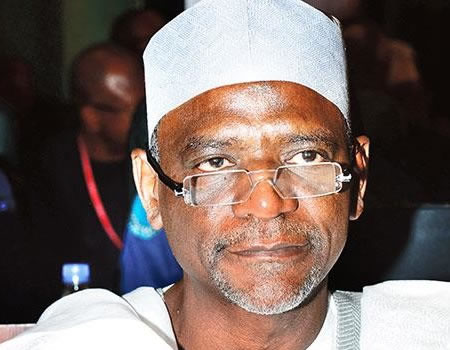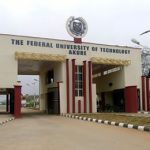THE Federal Government has reiterated commitment to integrate the Qur’anic and Tsangaya education into the Universal Basic Education (UBE) programme in the country.
Accordingly, over 135 master trainers drawn from the nine pilot states were trained on the Integrated Qur’anic and Tsangaya Education (IQTE) programme at a workshop in Kaduna, organised by the Universal Basic Education Commission (UBEC).
Executive Secretary of UBEC, Dr Hamid Bobboyi, while declaring open the five-day workshop, said the Federal Government would do everything possible towards ensuring that the Qur’anic schools are properly integrated with basic education curriculum.
Bobboyi, who was represented by the director, Quality Assurance, UBEC, Alhaji Mansir Idris, said the commission would adopt best practices in IQTE implementation through effective consultation and partnership with stakeholders.
He affirmed the readiness of UBEC to do all within its powers in creating appropriate opportunities for all school-age children to access quality basic education in the country; hence, the need to integrate Qur’anic schools into the formal basic education structure.
He challenged the participants to avail themselves of the unique opportunity offered them for the improvement of their capacity so that they could effectively train the IQTE teachers and managers in their various states.
Don’t remove security vote, Nigeria Governors’ Forum warns
Nine states of Sokoto, Yobe, Katsina, Jigawa, Kano, Bauchi, Niger, Oyo, and Adamawa are currently implementing the pilot phase of the IQTE programme, after the proprietors of the selected schools had undergone training on key aspects of the IQTE operations.
Bobboyi said the training was part of efforts geared towards putting in place appropriate structures for quality teaching and learning in the IQTE schools and is considered a critical aspect of the foundational arrangements for the IQTE programme.
Under the IQTE arrangement, the Federal Government provides support for the beneficiary proprietors of Tsangaya schools who would in turn make their learning facilities as well as human resources available for use as centers for integrating elements of basic literacy into their quranic/tsangaya education activities.
The Federal Government’s funding support is expected to be utilised in improving infrastructure with the view to improving access and quality of learning in designated centres with states and Local Government Education Authorities (LGEA) playing supervisory roles.
The executive secretary said through the IQTE, UBEC seeks to provide educational opportunities for the large population of itinerant Islamic learners found in urban centres.
He added that with 157 model tsangaya schools located in 27 states and the FCT, UBEC was keen on providing conducive boarding and learning for designated classes of children thus maximising the use of facilities earlier made available for its almajiri programme.
According to him, the current master trainers’ workshop was a further step in consolidating on the successes already attained in actualising the integration plans of government.
Director of Special Programmes, UBEC, Alhaji Hassan Umar, in his welcome address applauded Federal Government’s efforts at ensuring inclusive education and appreciated the pilot states for showing commitment to the IQTE process by turning up in good number for the master training exercise.






